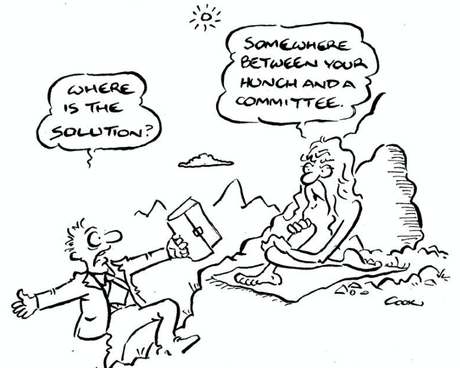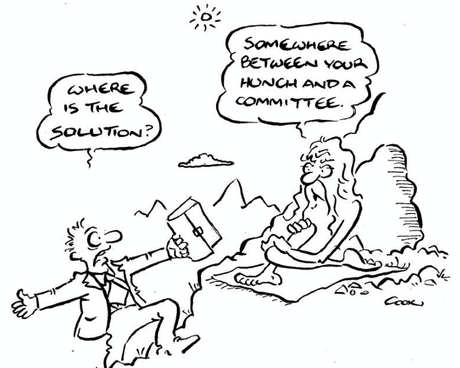

 Do you really know that you could be wrong?
Do you really know that you could be wrong?
How confusing is the outlook for this year? With so many odd predictions it’s impossible to identify reliable forecasts.
History tells us most will be wrong. Early last year Amazon announced it would start selling groceries. Some say that’s why Amazon’s share price rose about 40% by Christmas. Yet if you were asked to name a stock that would do even better and you answered old-school grocer Walmart, you’d be right. Amazon had the hype but the facts were that Walmart wasn’t in too bad a shape either.

A populist version appeared in the ancient movie Home Alone. The two burglars were looking to break in. While the smart one struggled with innovative ways to scale the perimeter wall the dumb one went through the gate. Best not to think alone.
 Why so difficult this year?
Why so difficult this year?

While the rate of technological change has accelerated, cultural shifts have also moved up a gear, like the sudden collapse in the tolerance of sexual harassment and the rising focus on domestic violence, or the surge in concern at our loss of privacy.
The impact is not confined to your HR policies. Big Data, initially embraced for its cleverness, is increasingly seen as manipulative. Formerly-admired Big Tech firms are now labelled the new monopolies and calls grow for their regulation. Rising Gini coefficients suggest prosperity is not trickling down and inequality is rising. So outcomes surprise us, be they Brexit, Trump or Macron.

Time to be agnostic
Chaos theory shows that conventional theories don’t always apply to complex social change. You are better off questioning your management beliefs than affirming them. It gives you a chance to move with the times and grow.
When formulating business plans, some simple steps can produce more robust outcomes:
- Be a skeptic, not a cynic. Cynicism is mostly an ego-driven rejection of uncomfortable opinions. The informed skeptic is open to novel ideas. They ask to be convinced by facts, not by beliefs. If you’re the manager, allow yourself to be questioned.

- Stress test aggressively. Even if you are sure your plan will work, drill down on why it won’t. You will either improve it, or generate a better one.
- Avoid rigid strategies. Out of the chaos of change, trends eventually emerge. Stay vigilant enough to detect them, open enough to embrace them and flexible enough to change direction when that’s what’s called for.

